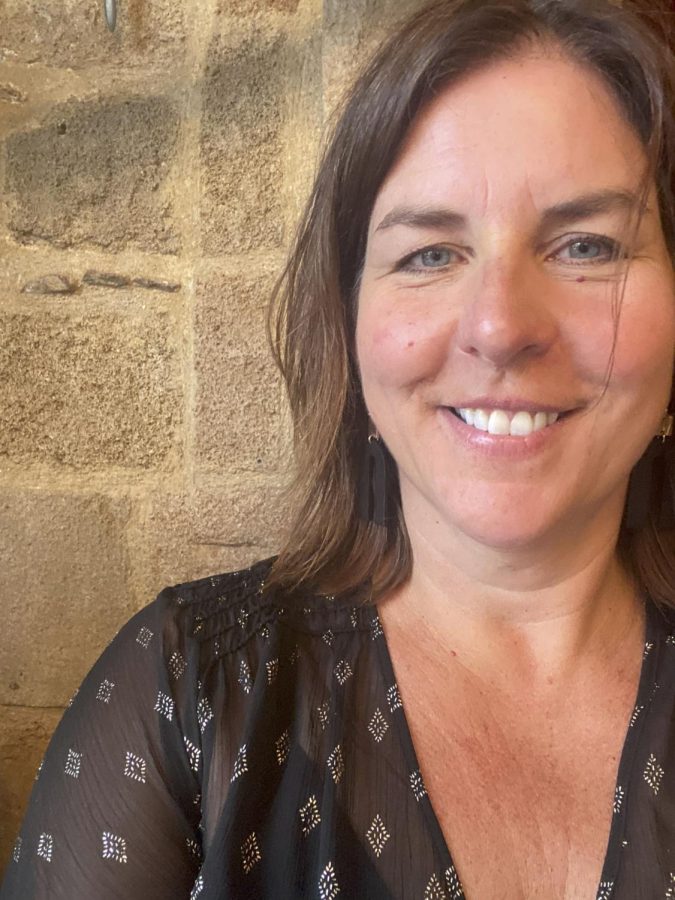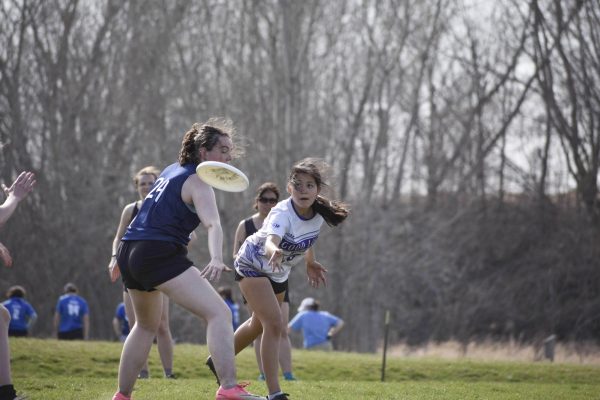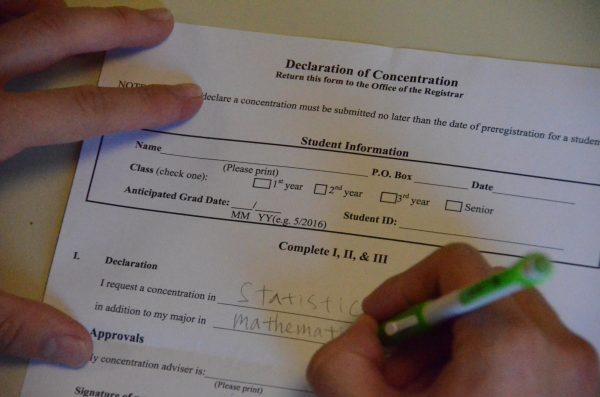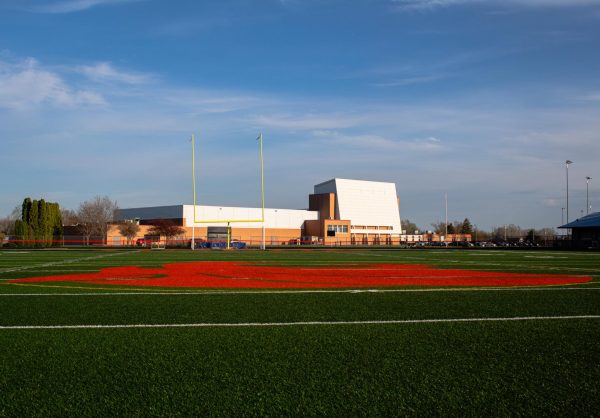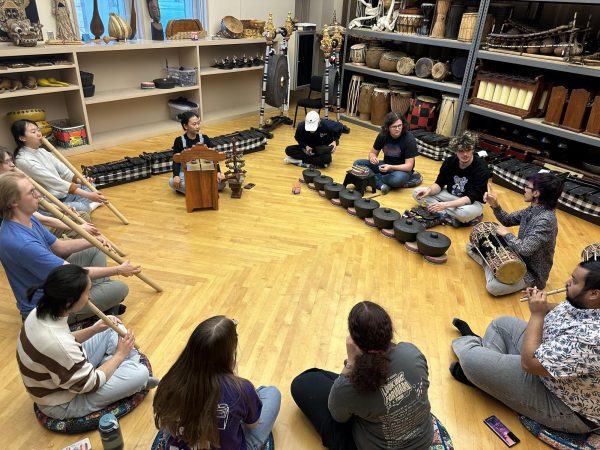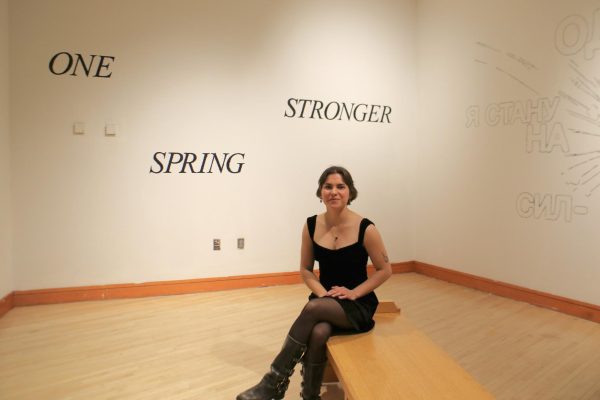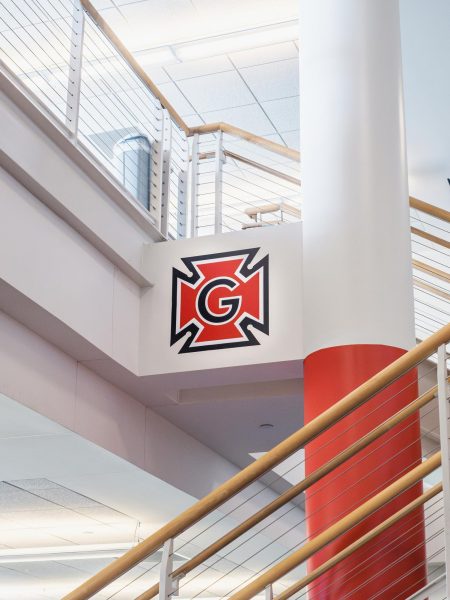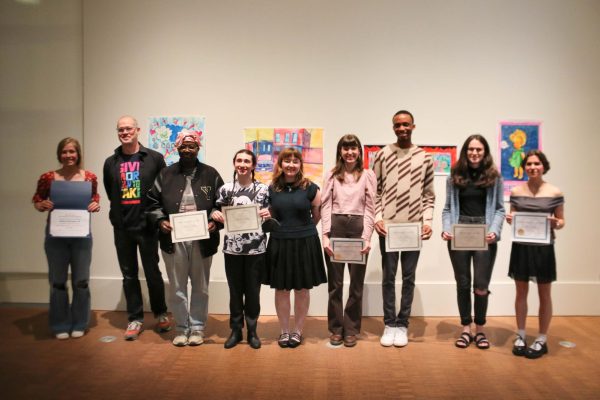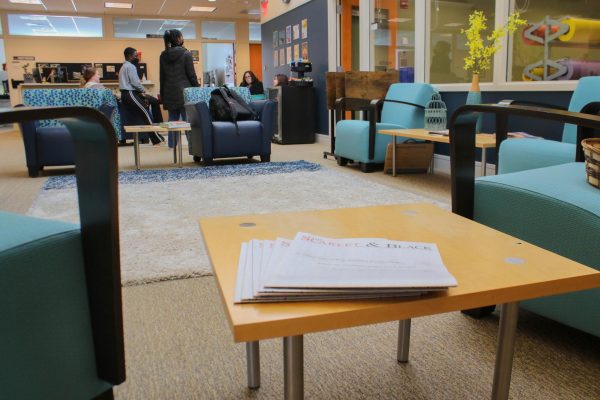Office Hours: Karla Erickson, Sociology & American Studies
Professor Erickson always tries to meet students where they are at in her office hours.
April 10, 2023
In Office Hours, Raffay Piracha `25 sits down with faculty to learn how their scholarship provides them with equipment for living
In this installment, I want to center the nature of office hours themselves. Is there a culture of office hours that we can explain?
They might go something like this — I show up to my professor’s office based on the times listed on their syllabus. I have four questions prewritten based on the class’ next due paper. We exchange pleasantries, and then I ask, they answer and I leave. But on a different day, I just want to be my instructor’s friend despite knowing little to nothing about their discipline. I want to learn about them and from them, but I do not want to sound foolish. What, then, do I do?
I think whether we are conscious of it or not, our roles as students can seem prewritten. The College’s marketing campaign carves out our niche as prodigious self-starters, interdisciplinary humanitarians on a quest to save the world while simultaneously learning its nuances. Literary depictions of academia romanticize the peculiar amity between teacher and student despite the obvious power dynamics involved in such friendships. I do not purport to know whether you should or should not attend office hours. However, I do know that cultural narratives undoubtedly mediate our college experience — the question of whether we preserve or jettison these practices is up to us.
To begin answering some of my questions, I’m soliciting the advice of someone accustomed to being super meta. This week, Professor Karla Erickson, sociology and American studies, unravels some of the complexities of office hours.
***
Karla Erickson, how were you taught to do office hours?
One of the things that I think is so interesting, from a social perspective about office hours, is that we’re not trained to do them. So, of course, we all do them differently because no one teaches us how to do them.
They’re just assuming you picked them up?
By osmosis. And then you’re required to hold office hours — the advice is one to two per week, per class. There’s a ton of difference about what people do when they’re doing office hours, it’s like this very unscripted reality, right?
Exactly, it’s like, are you supposed to talk about homework, or about your feelings or…
People don’t always have an expectation of what the interaction is going to go like. So I feel like I end up setting up the expectations quite a bit from where I sit, but students have also been subtly trained by their tutorial professor, or, you know, high school counselor, or other times they’ve interacted with a person with some authority over them in an unscripted way.
Okay, and how should office hours go, from your perspective?
I could imagine there are several highly valuable ways of structuring office hours that would be satisfying. I think that ultimately an office hour is like one of the densest points where we deliver what we promise, which is a kind of high-touch education, where you are being taught as a person. Many students graduate without ever going to office hours. In the absence of some encouragement from somebody, social class comes out a lot in terms of who’s willing to use office hours, because if somebody is from a less privileged social background, they might be avoidant. Your expectation of having a satisfying conversation may hinge on your social location. So I think there are more ways for office hours to go wrong if you feel like an irritant, if the faculty or staff member is multitasking while you’re in there.
But there are multiple ways for it to go, right? I’ve had offices by [near] enough people that I’ve overheard a lot of office hours — my friends and I talk about a kind of office hours philosophy. For example, I’ve learned a lot from somebody like Vrinda Varia in student affairs, where she is explicitly trained — she’s a social worker — and knows how to do an intake interview that doesn’t feel like an intake interview. When somebody shows up at my door, and I don’t know why they’re there — like they just happened to be in my class but don’t have a specific question — I have to devise a way of connecting with them inside our roles, so that’s what I try to do.




























































